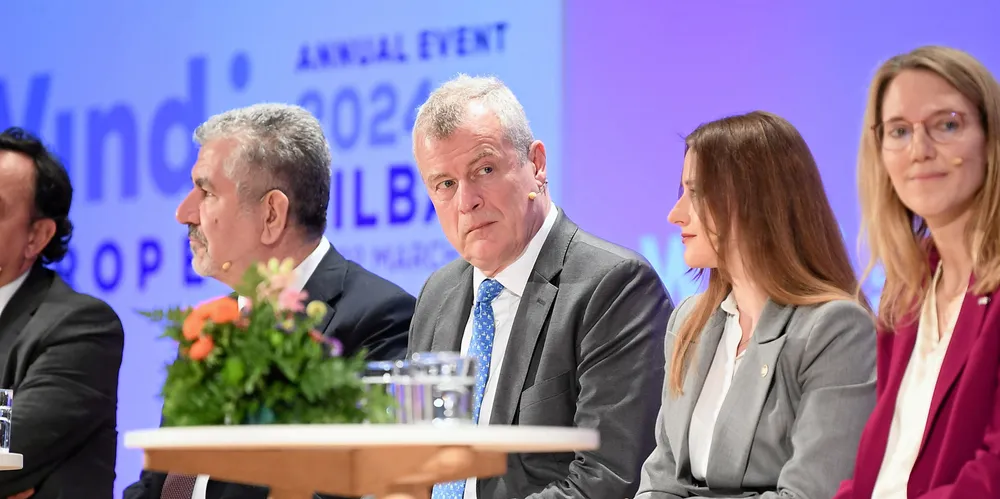Siemens Gamesa CEO warns European wind against over-dependency 'on other parts of the globe'
Jochen Eickholt stresses importance of wind industry to continue innovation and stay in Europe in order to reach ambitious renewables targets

Jochen Eickholt stresses importance of wind industry to continue innovation and stay in Europe in order to reach ambitious renewables targets
